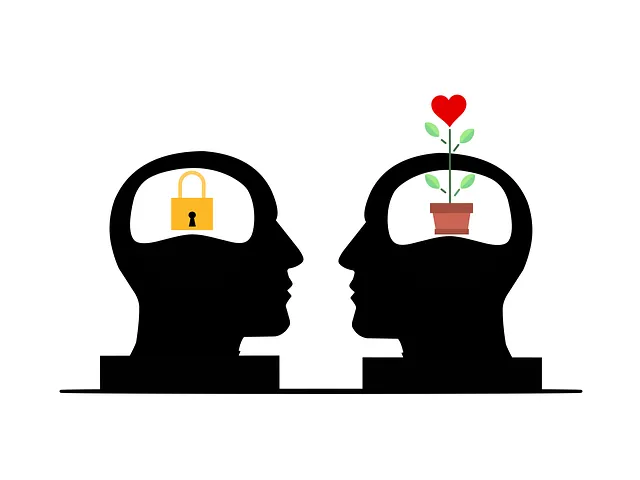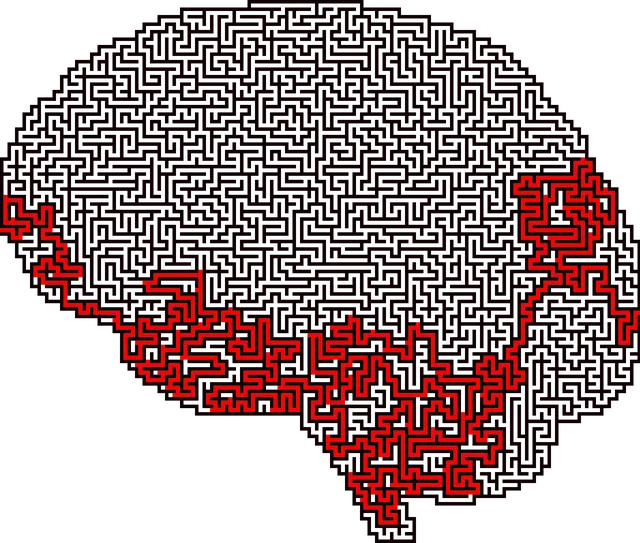Kaiser Permanente behavioral health services Lone Tree tackles mental illness stigma through innovative initiatives like Risk Management Planning, Emotional Well-being Promotion, and Self-Esteem Improvement programs. Their patient-centric, holistic approach integrates diverse therapeutic methods under one roof to reduce symptoms and causes of distress. Community engagement, education workshops, a Mental Wellness Podcast Series, and resilience-building programs foster acceptance and support for mental health issues.
Mental illness stigma remains a significant barrier to support and treatment access, perpetuating isolation and hindering recovery. This article explores strategies to reduce this societal burden, focusing on community engagement and innovative models like Kaiser Permanente’s behavioral health services in Lone Tree. We delve into how education and accessible programs can break down mental illness stigma, fostering understanding and inclusive communities. By examining these approaches, we aim to illuminate paths towards a more compassionate society for those facing mental health challenges.
- Understanding Stigma: Barriers to Support and Treatment Access
- Kaiser Permanente Lone Tree: A Model for Behavioral Health Services and Stigma Reduction
- Community Engagement and Education: Breaking Down Mental Illness Stigma
Understanding Stigma: Barriers to Support and Treatment Access

Stigma surrounding mental illness presents significant barriers to individuals seeking support and accessing treatment. Often, societal perceptions contribute to the marginalization of those living with conditions like depression, anxiety, or schizophrenia. This stigma can manifest as discrimination, prejudice, or stereotyping, deterring people from reaching out for help. At Kaiser Permanente behavioral health services Lone Tree, we recognize these challenges and strive to dismantle them through various initiatives.
One such approach is integrating Risk Management Planning for Mental Health Professionals into our practices. By equipping healthcare providers with strategies to create safe, non-judgmental spaces, we foster an environment where individuals feel empowered to share their struggles openly. Additionally, promoting Emotional Well-being Promotion Techniques and Self-Esteem Improvement programs enables clients to develop coping mechanisms and build resilience, further encouraging active participation in their mental health journeys.
Kaiser Permanente Lone Tree: A Model for Behavioral Health Services and Stigma Reduction

Kaiser Permanente Lone Tree stands as a shining example of how organizations can transform behavioral health services and significantly reduce stigma associated with mental illness. This innovative model prioritizes patient-centered care, integrating various therapeutic approaches to address not just symptoms but also the underlying causes of distress. By offering comprehensive services under one roof, Kaiser Permanente Lone Tree breaks down barriers and encourages individuals to seek help without fear of judgment.
The center’s success lies in its holistic approach that goes beyond traditional therapy. Activities focused on self-esteem improvement, depression prevention, and promoting healthy self-care practices have become integral parts of the treatment process. These initiatives foster a supportive environment, empowering patients to take charge of their mental well-being. Such comprehensive stigma reduction efforts set a benchmark for other healthcare providers, demonstrating that prioritizing behavioral health is not just a service but a powerful tool in fostering inclusive communities where everyone feels comfortable seeking and receiving necessary support.
Community Engagement and Education: Breaking Down Mental Illness Stigma

Community engagement and education play a pivotal role in reducing the stigma surrounding mental illness. Organizations like Kaiser Permanente behavioral health services Lone Tree are at the forefront of these efforts, aiming to foster understanding and empathy through various initiatives. One effective strategy is hosting educational workshops and seminars that break down misconceptions and offer insights into common mental health challenges. These events can empower individuals to recognize signs of distress in themselves and others, promoting early intervention.
Additionally, resilience-building programs and mindfulness meditation sessions have gained traction as powerful tools to enhance mental wellness. The production of a Mental Wellness Podcast Series can further extend these efforts, reaching a wider audience with valuable content. By combining community engagement, education, and innovative approaches like Mindfulness Meditation and Resilience Building, organizations contribute significantly to creating a more accepting and supportive environment for those facing mental health issues.
Mental illness stigma reduction is a multifaceted approach that requires community engagement, education, and innovative healthcare models. As demonstrated by Kaiser Permanente’s successful behavioral health services in Lone Tree, integrating comprehensive programs can significantly improve access to treatment. By addressing barriers and fostering understanding, we can create a more inclusive society where individuals with mental health conditions receive the support they need without fear of judgment. Community efforts, combined with progressive healthcare initiatives, hold the key to breaking down stigma and enhancing overall well-being.






